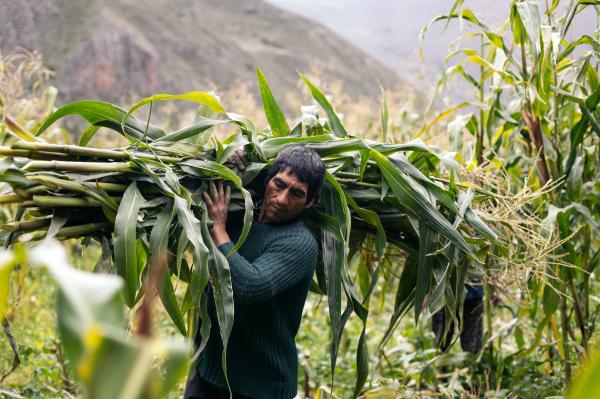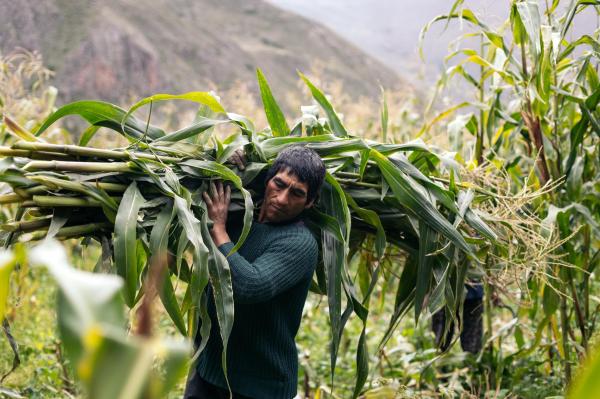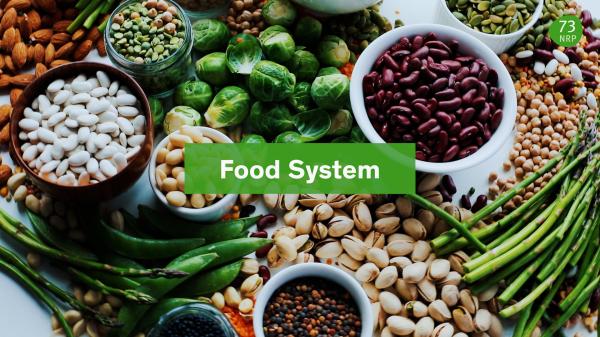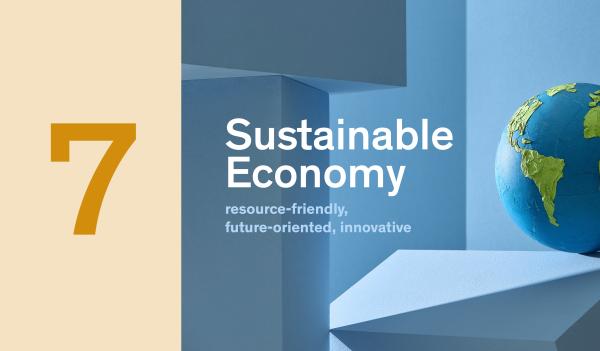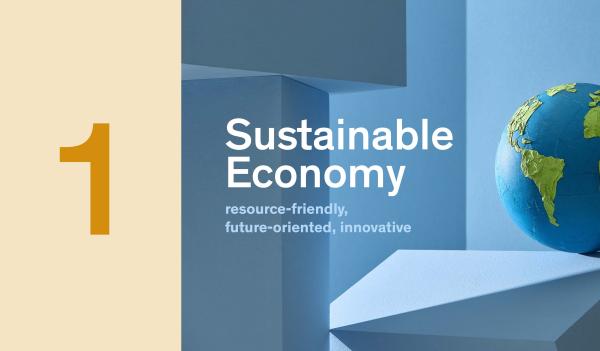Governance
A sustainable economy requires the transformation of business and society. Incentives for systemic innovations and their dissemination must therefore be promoted, among other ways, through appropriate political and legal frameworks, as well as best practice examples.
Five research projects focused on examining the challenges that have to be overcome on the way to a sustainable economy; how states can promote diversified food systems by means of sustainable trade relations; the effects of voluntary environmental protection measures by the private sector; the effectiveness of policy instruments; and the legal frameworks to be expected for a sustainable circular economy.
The final synthesis aggregates the policy recommendations of all research projects and formulates recommendations for an efficient mix of voluntary and governmental measures.
Projects

 Voluntary corporate environmental initiativesProf. Dr. Thomas Bernauer
Voluntary corporate environmental initiativesProf. Dr. Thomas Bernauer Green labour market effectsProf. Dr. Rolf Weder
Green labour market effectsProf. Dr. Rolf Weder